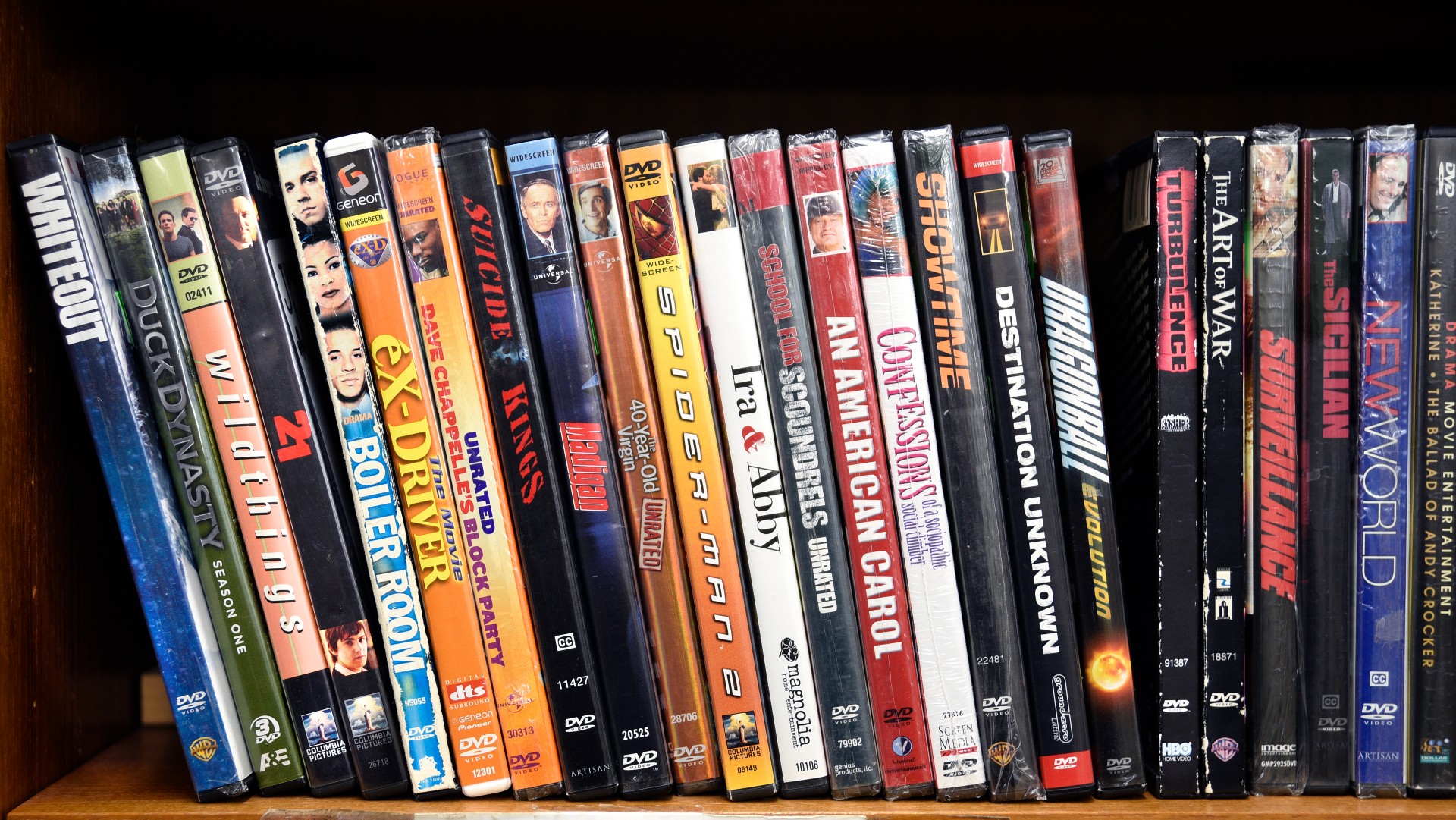The death of DVDs and the decline of ownership in digital age
Physical media sales are still in freefall even as a backlash against streaming grows

A free daily email with the biggest news stories of the day – and the best features from TheWeek.com
You are now subscribed
Your newsletter sign-up was successful
Disney has signalled the death knell for physical media by announcing it will no longer be releasing theatrical content on DVDs in Australia.
The move, reported by The Digital Bits, mirrors the decision to stop physical releases in some Asian and Latin American countries, as streaming services increasingly dominate the market.
‘Ease of accessibility meets ownership fears’
It is not hard to understand why distributors are turning away from physical products. According to CNBC, between 2006 – a year after they peaked – and 2019 US DVD sales declined by 86%.
The Week
Escape your echo chamber. Get the facts behind the news, plus analysis from multiple perspectives.

Sign up for The Week's Free Newsletters
From our morning news briefing to a weekly Good News Newsletter, get the best of The Week delivered directly to your inbox.
From our morning news briefing to a weekly Good News Newsletter, get the best of The Week delivered directly to your inbox.
These days, three-quarters of American households subscribe to at least one video streaming service, “whose revenues now dominate the home market”, said Dan Greene on Vox.
It is a similar story across other media, with music streaming now surpassing even digital sales, and sales of digital video games outpacing their physical counterparts in 2020.
“These dual trends – the rise of purchased and subscription-based non-physical media – are driven by the benefits such consumption provides, chiefly convenience”, as well as “strong portability without physical degradation”, said Greene.
While “the ease of accessibility has made digital and streaming more viable”, said ScreenRant, “there is a fear among viewers that streamers will continue to remove content, making shows and movies completely inaccessible without physical media”.
A free daily email with the biggest news stories of the day – and the best features from TheWeek.com
“Sales of many kinds of physical media, including print and disc formats, are also governed by licenses,” said The New York Times. “But digital platforms allow publishers to more easily and precisely manage content than before.”
Recent high-profile cases have seen certain e-books “retroactively (and irrevocably) altered, highlighting what consumer rights experts say is a convention of digital publishing that customers may never notice or realise they signed up for”, said the paper. “Buying an e-book doesn’t necessarily mean it’s yours.”
‘People are rediscovering the value of physical assets’
With streaming in particular, the consumer never actually owns the product they are “buying”. This loss of ownership combined with nostalgia among older customers and a technological backlash among younger buyers has led to a growing rejection of digital-only media.
“It’s a feeling increasingly shared by consumers and collectors across Canada,” said CBC News. “After years of digitising everything, people are rediscovering the value of physical assets. DVDs, vinyl records and film cameras are all experiencing a renaissance. Even cassette tapes are making a comeback.”
Proponents of physical media point to the ever-growing popularity of vinyl albums, with sales increasing for the 17th straight year last year after nearly dying out completely in the early 2000s.
Kodak, meanwhile, has said that it “cannot keep up with demand” for photographic film, less than a decade after the company filed for bankruptcy.
More widely, said Greene, “these trends are transforming the way we relate to our possessions, and thus to ourselves and the world around us”.